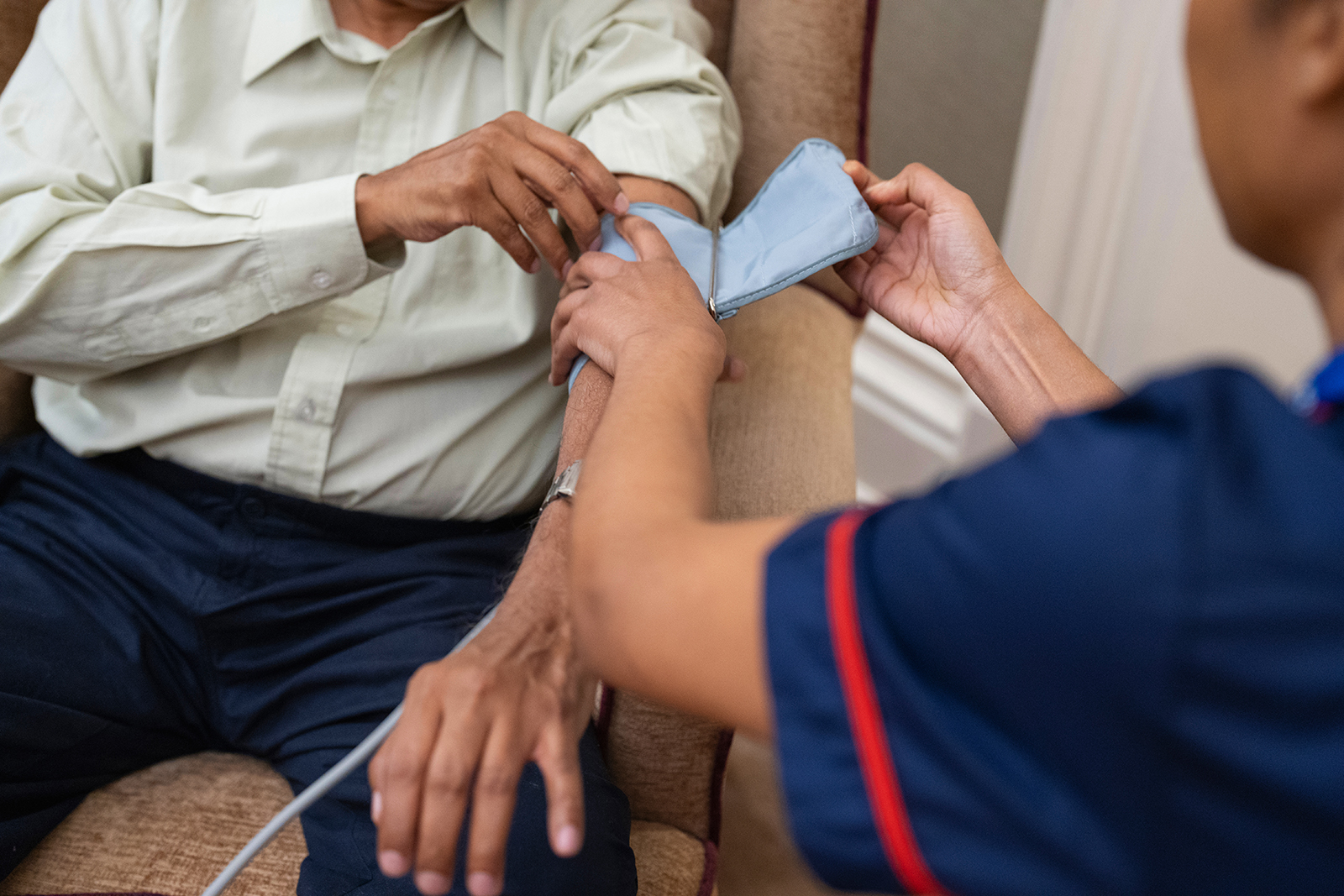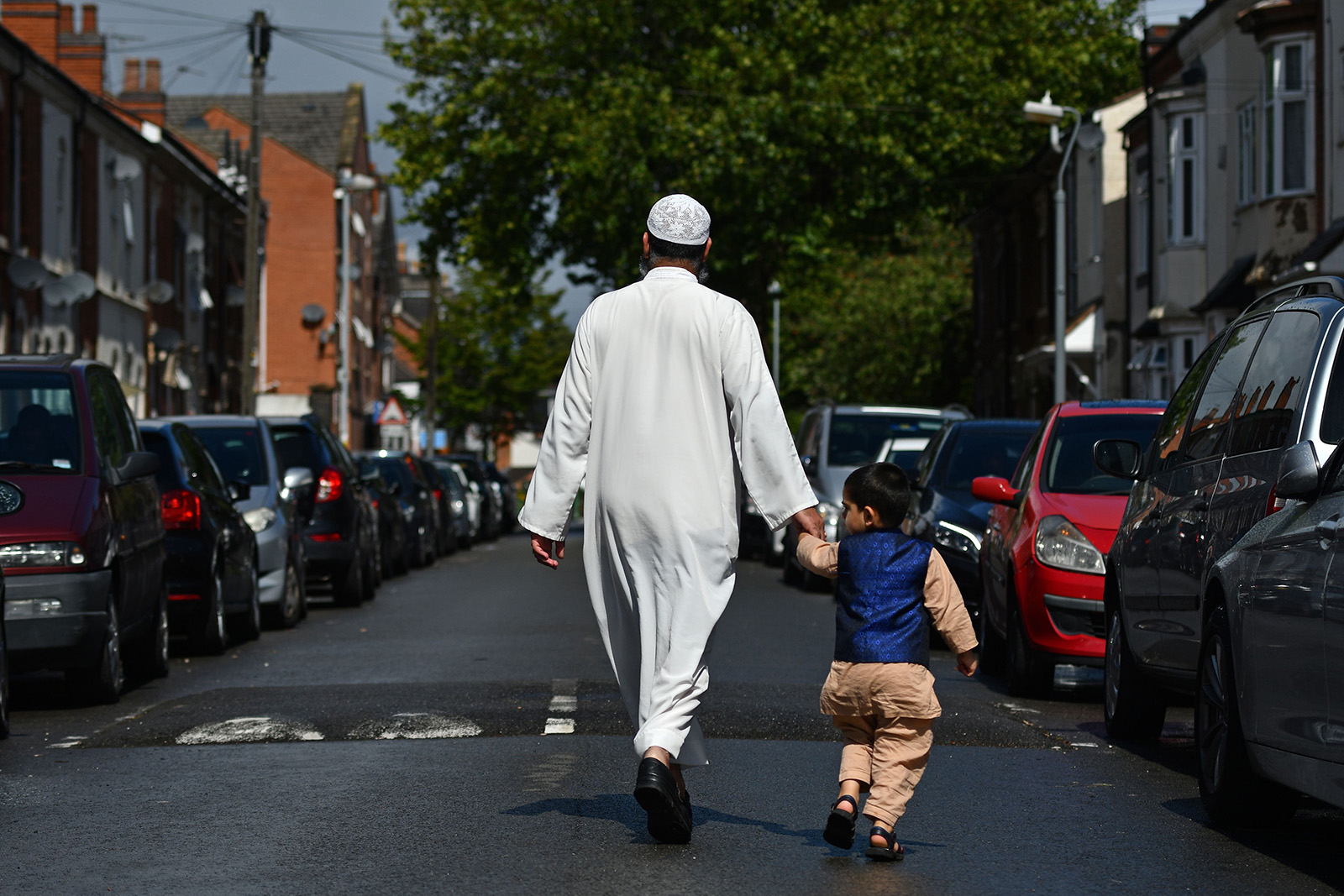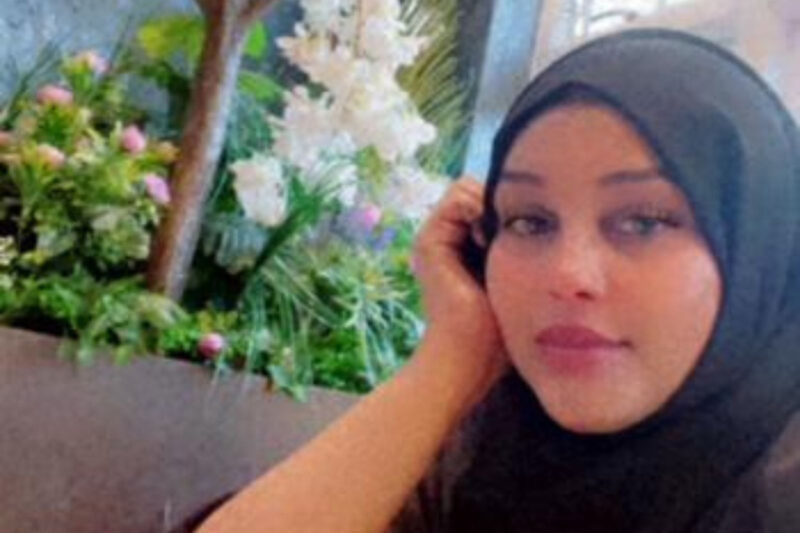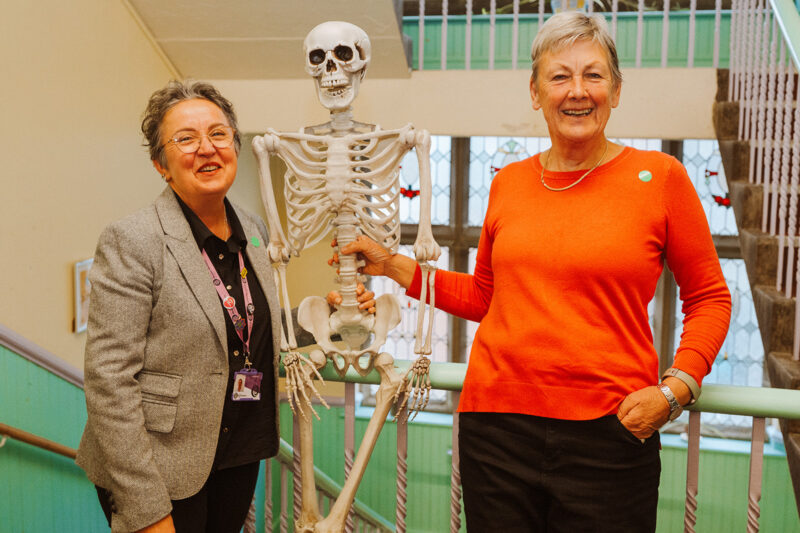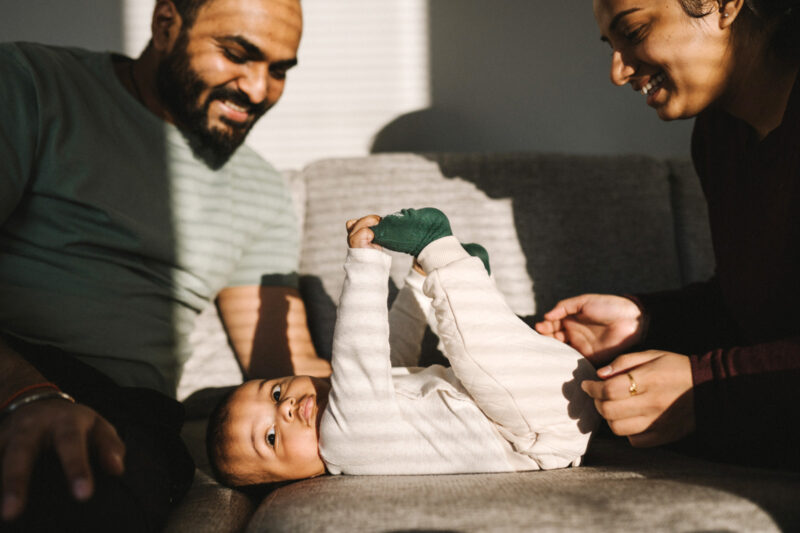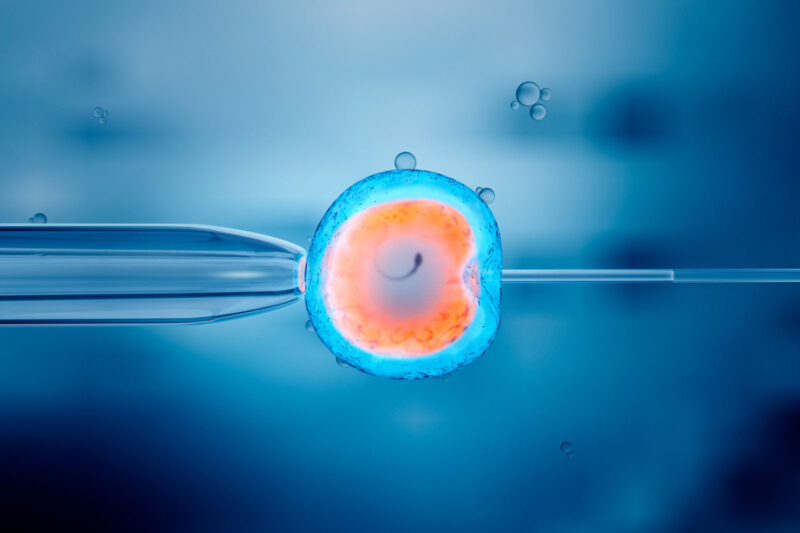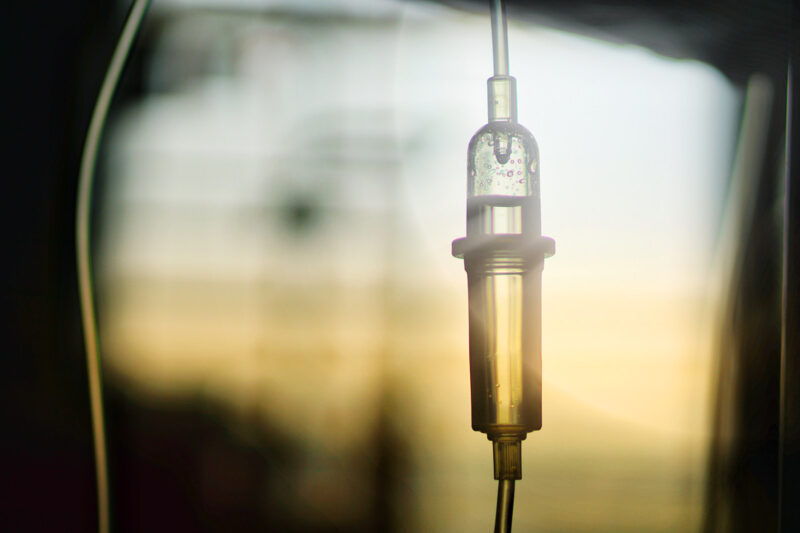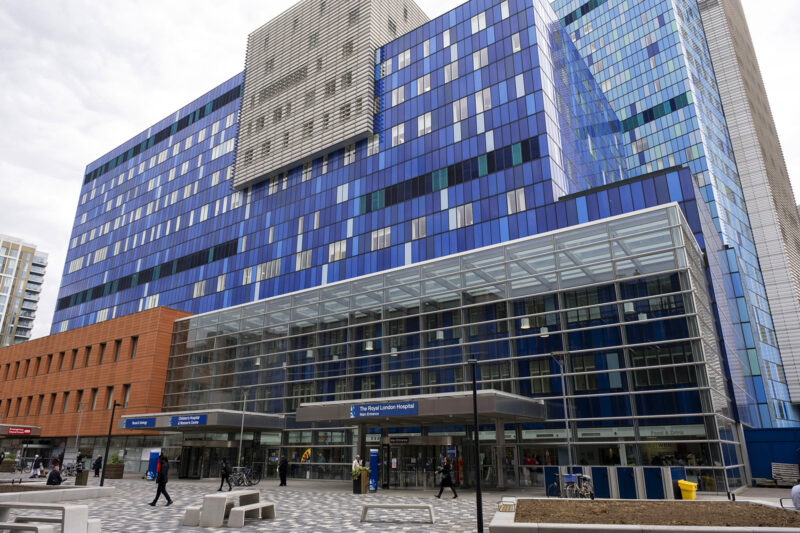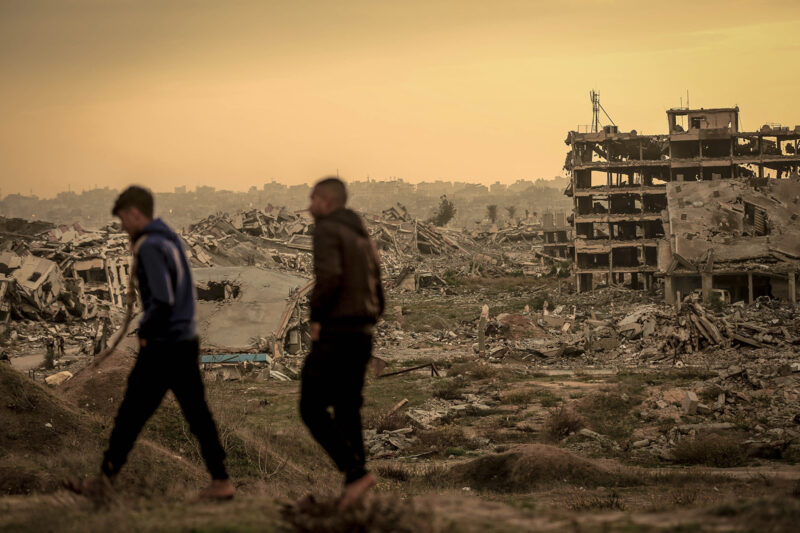Black Muslim woman’s death caused by missed pregnancy complication, inquest told
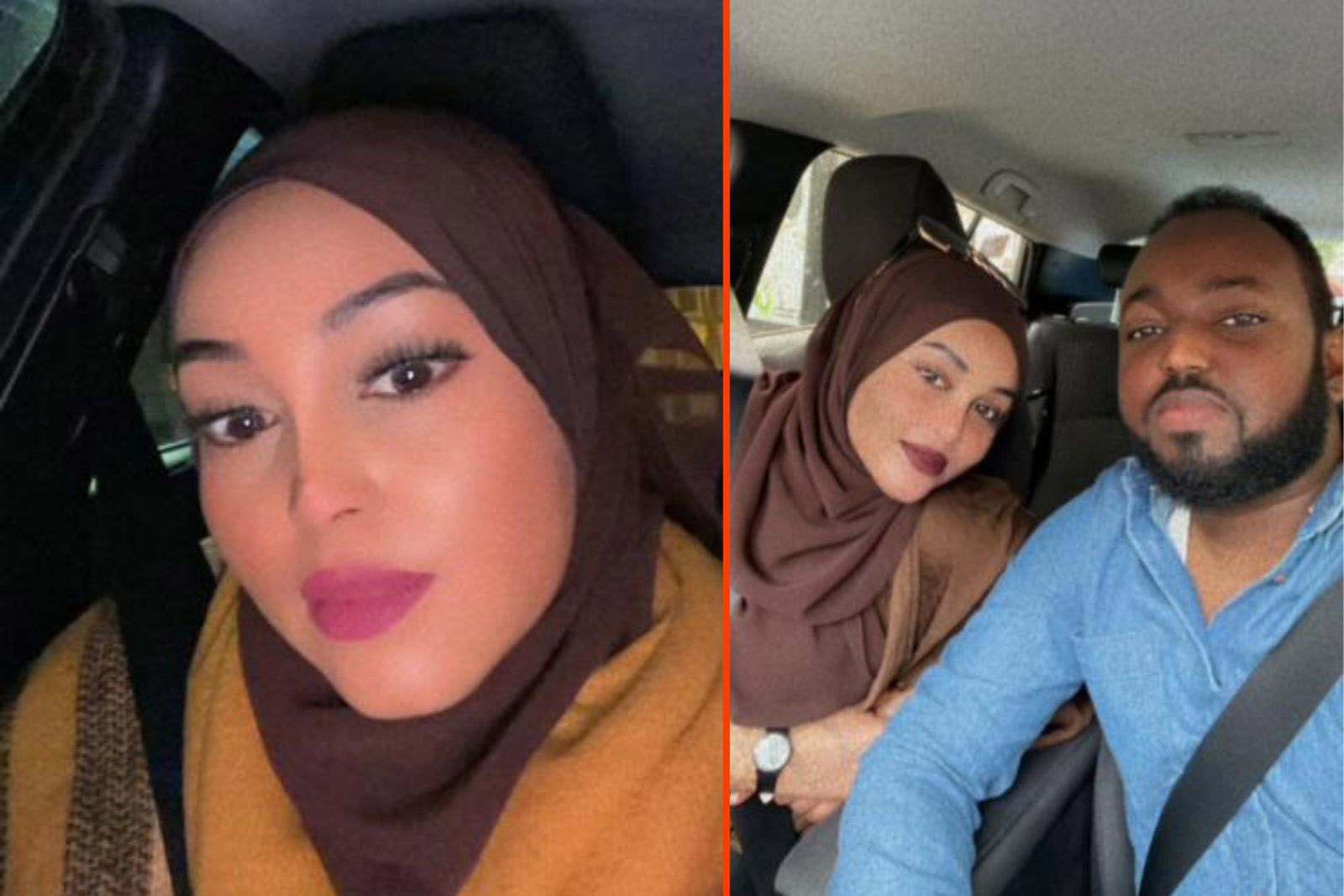
An inquest heard that Ayaan Ali Waeys, 35, should have been admitted to hospital with pre-eclampsia. Her family believe discrimination played a part
A Black Muslim woman died after health workers in London failed to adequately diagnose or manage a dangerous pregnancy complication, an inquest has been told. Ayaan Ali Waeys’ family believe discrimination may have played a part in her treatment and death.
Waeys, 35, died of a brain haemorrhage caused by blood clotting linked to pre-eclampsia, which causes high blood pressure, on 16 November 2022. Experts told an inquest at London Inner South coroner’s court that warning signs were missed.
Her death at Guy’s and St Thomas’ hospital in London came two weeks after she gave birth to her first child, a stillborn daughter delivered two months early.
The inquest, which lasted six days, heard that Waeys had been a high-risk patient. While pregnant she developed gestational diabetes, hypertension and pre-eclampsia, which can lead to organ damage and clotting.
Despite this, said professor Edward Mullins — an independent expert who reviewed the case — she was not admitted to hospital when she should have been. Her family believes this decision reflects wider racial disparities in maternity care.
On 2 November 2022, Waeys — who was originally from Somalia and moved to the UK after growing up in the Netherlands — was due to have an afternoon antenatal appointment at St Thomas’. She had breakfast and spoke with her sister, Fowsiyo Ali Waeys, who described her as “upbeat”, but then began experiencing sharp abdominal pain. During a car journey with her husband Mohamed Muse to the hospital, the pain worsened and she told him that she “felt as though her and her baby would die in hospital”, he said.
The inquest heard she was in so much pain she struggled to sit down. She went into labour and was taken for an emergency delivery, giving birth shortly after 5pm, by which time her daughter’s heart had stopped beating.
Waeys lost nearly two and a half litres of blood and required surgery to stop the bleeding. Staff later admitted to the inquest that Waeys’ heavy bleeding was not noticed immediately.
The day before, on 1 November, Waeys had attended a maternity assessment clinic at St Thomas’. Midwife Hannah Dawson, who had been running the clinic that day, described the unit as “quite busy” and at times “chaotic”, which delayed her assessment of Waeys — who had to be seen in a side room of the unit.
Routine checks were carried out on Waeys, which all appeared normal, Dawson said. Waeys reported no symptoms of pre-eclampsia, such as headaches, vision problems or abdominal pain, she added.
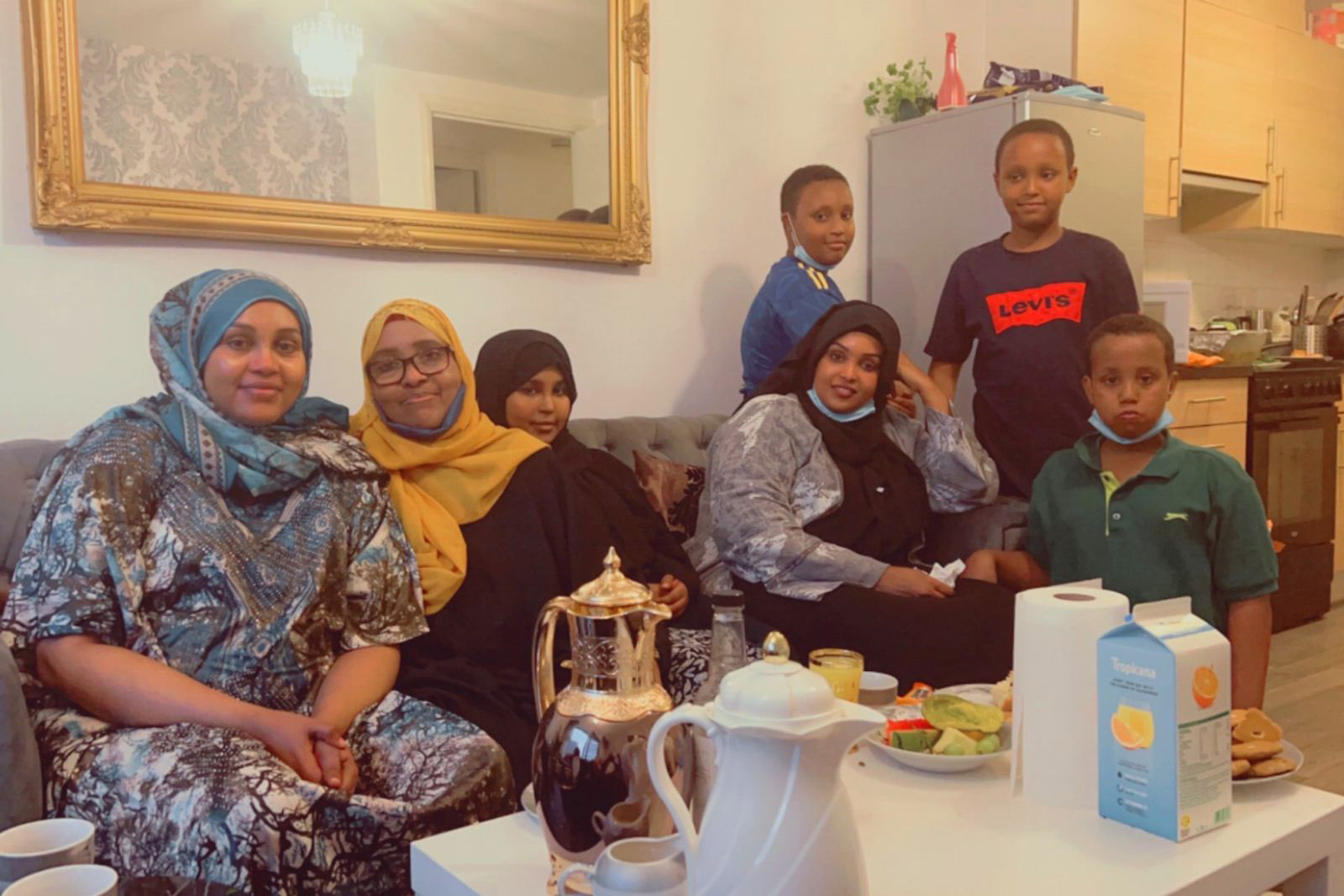
Dawson said she was aware that Waeys had shown a raised protein creatinine ratio, a test that can indicate pre-eclampsia, four days earlier, but added that sometimes staff treated such results with “caution” because of false positives. She ordered a repeat test, but the unit discharged Waeys in the meantime and no one checked the second test result — which was also high — or called her back. Dawson told the inquest that she considered Waeys to have been “incredibly high risk” with hindsight and that the normalisation of risk and “minimal obstetric oversight” within the busy maternity unit may have impacted her assessment.
Her testimony formed part of the wider inquest, which looked at multiple factors contributing to Waeys’ death, including missed opportunities in her care.
Mullins, who specialises in obstetrics at Imperial College London, told the court that failure to admit Waeys on 1 November “caused or contributed” to her death. He said she should have been seen face-to-face by an obstetric registrar and kept overnight under monitoring. Had she been admitted, he said, her symptoms could have been managed before her condition deteriorated.
Doctors told the inquest her complications stemmed from pre-eclampsia. Waeys was moved into intensive care but suffered a brain haemorrhage and was placed in a coma. Following her death, the Health Safety Investigation Board investigated and found multiple failings and missed opportunities.
Although the inquest did not examine Waeys’ identity as a Black Muslim woman as a possible factor in her care, her sister said she believed the delayed diagnosis of pre-eclampsia, poor management of gestational diabetes, and premature de-escalation of her care all highlighted the systemic inequalities Black women face in maternity care.
“I want to know why she had never seen a consultant when she started having gestational diabetes and high blood pressure,” she said. “Every other week there was a scan. What was the point of calling her to the hospital so often when no consultant was involved in her care?”
She also feels the family may have been treated differently because of their race and religion, adding that doctors sometimes appeared surprised when she, rather than the men she was with, led questions about Waeys’s care. She believes the situation might have been handled differently had the family been from a different background.
Earlier this month, a report on Black maternal health published by the parliamentary health and social care committee found that “systemic failings in leadership, training, data collection, and accountability” are causing disproportionately poor outcomes in maternity care for Black women in England. The inquest concluded on Thursday, midway through Black Maternal Mental Health Week, which is held annually to raise awareness about the mental health challenges faced by Black women during and after pregnancy.
A spokesperson for Guy’s and St Thomas’ NHS Foundation Trust said: “The deaths of Ayaan and her daughter are a tragedy, and her family have our heartfelt sympathies. We are fully cooperating with the ongoing legal process so are unable to comment further. We are committed to treating all our patients with dignity and respect, regardless of their background.”
Fowsiyo Ali Waeys holds fond memories of her sister as someone who loved and supported her family. “She graduated with a first-class degree from Southbank University,” she said. “She encouraged me and my brother, who are both older than her, to study. She was there for both of us. She would encourage you in whatever you wanted to do.”
Her sister, she said, was a doting aunt who couldn’t wait to have her own children. “She used to come and take the kids and say: ‘Today is my time with them.’”
Assistant coroner Liliane Field is due to deliver her conclusion on 7 October.
 Newsletter
Newsletter


